As the Russia-Ukraine conflict enters its third year, Ukraine finds itself on the brink of defeat, prompting President Volodymyr Zelensky to seek increased military aid from the West. Amidst this turmoil, France, a NATO member and key European military power, has made a bold move by officially sending troops to Ukraine.
The deployment of French troops, members of a renowned infantry regiment forming the core of France's Foreign Legion, marks a significant escalation in the conflict. However, this decision has not gone unnoticed by Moscow. In response, Russian President Vladimir Putin ordered nuclear weapons drills in the border area, citing provocative statements and threats from Western officials.
The move by France has raised concerns among NATO countries, including fears of potential retaliation from Russia and the implications of legitimizing attacks in countries beyond Ukraine. While French President Emmanuel Macron initially pursued military intervention, the French Foreign Ministry has since denied reports of troop deployment, indicating a potential shift in strategy.
Analysts warn of the precarious situation, emphasizing the risks of direct confrontation between NATO and Russia. Despite France's intentions to support Ukraine, the prospect of a prolonged conflict with Russia looms large, with the potential for further escalation and destabilization in the region.
As tensions continue to mount, the international community watches closely, hoping for a peaceful resolution to the conflict while bracing for the possibility of further escalation and military confrontation.



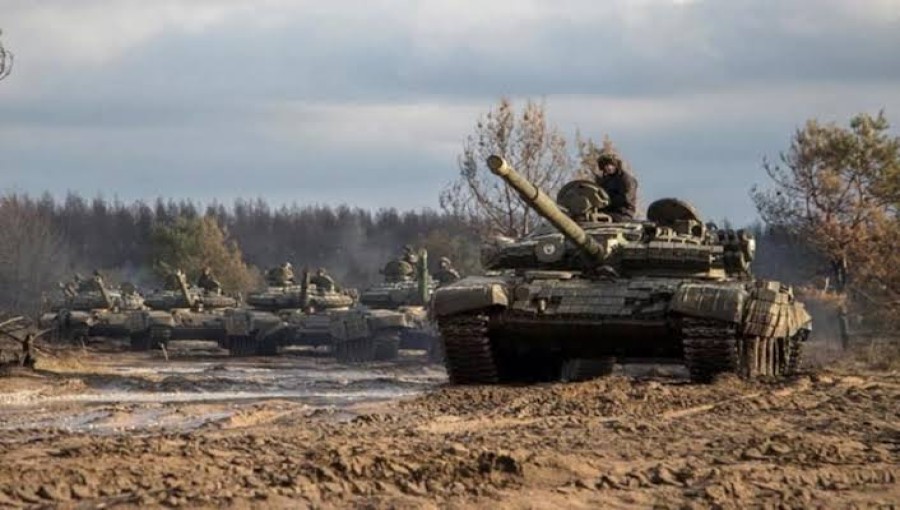
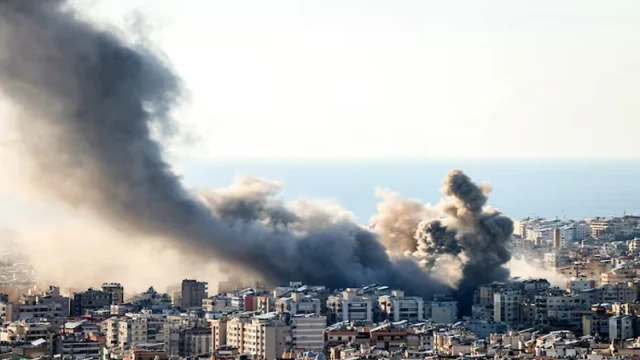

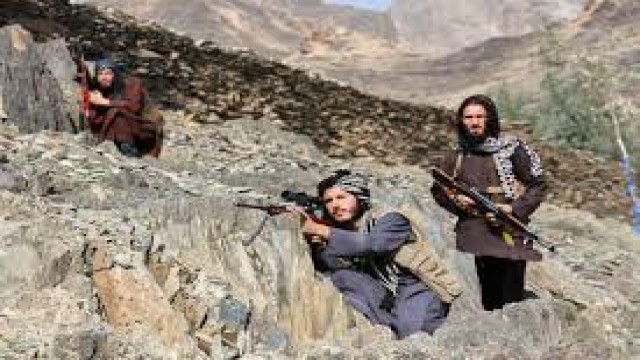
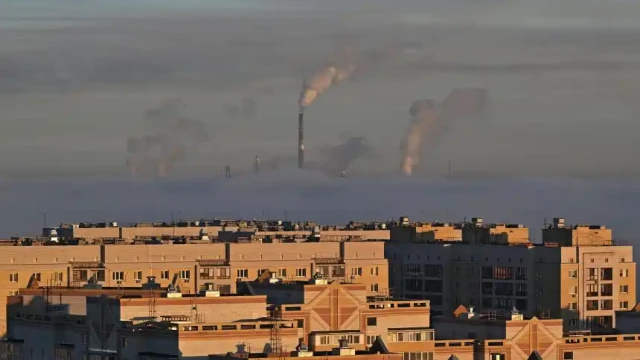

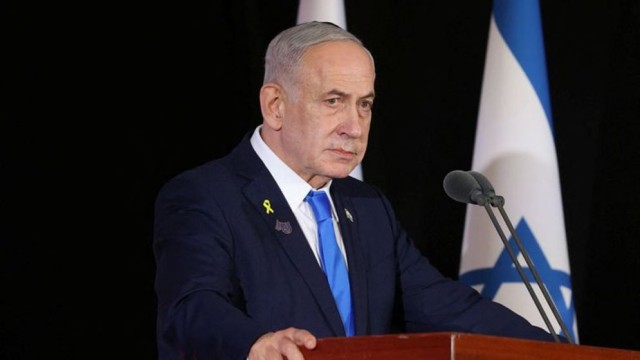
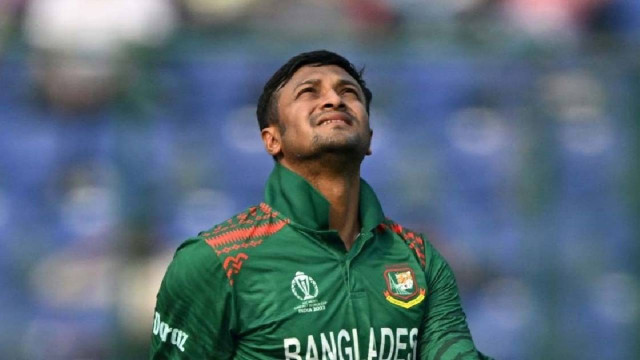


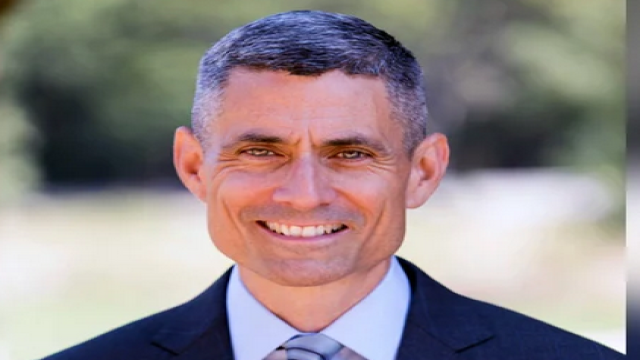











Comment: